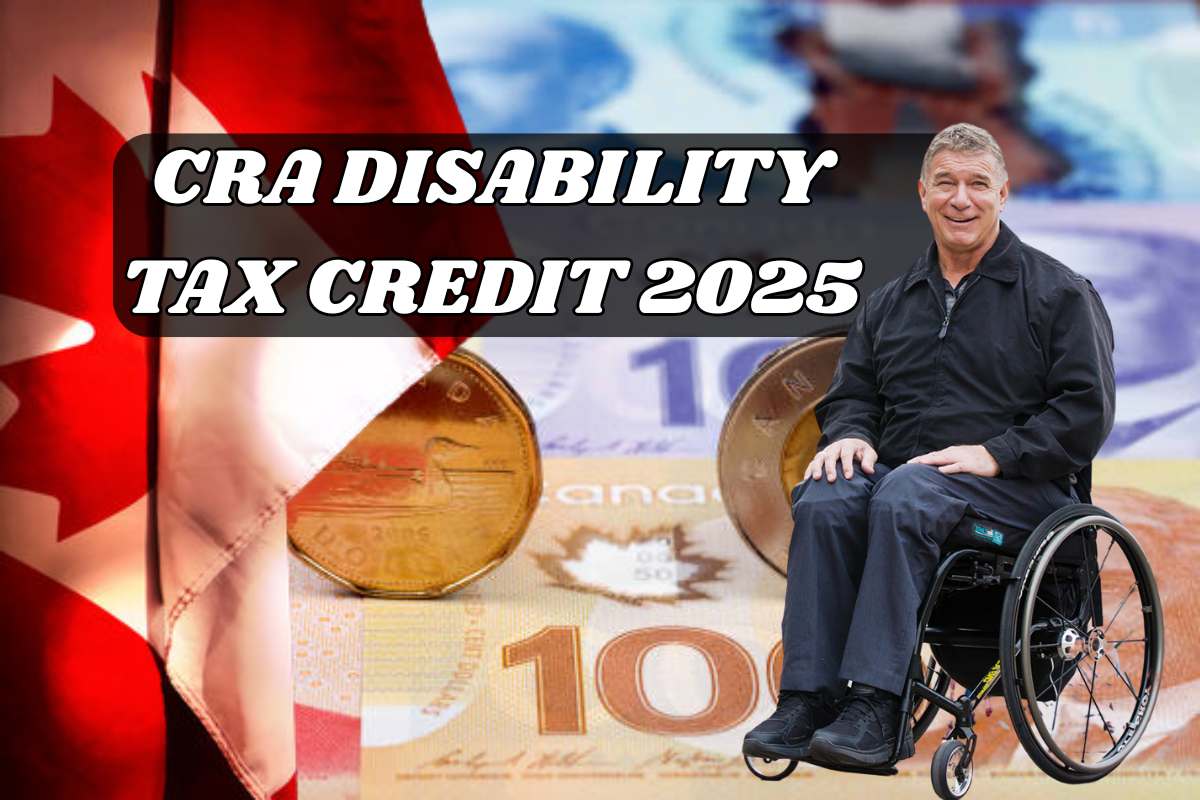Education is a fundamental pillar of Canadian society and the Government provides various funding programs to support students in their pursuit of higher education. Whether through grants, loans, scholarships, or special savings programs, students and their families have access to multiple financial assistance options to make education more affordable. With the rising costs of tuition and living expenses, financial support plays a crucial role in ensuring accessibility and reducing student debt burdens. This article will have detailed information on A Guide To Education Funding In Canada.
A Guide To Education Funding In Canada
The Canadian Government along with provincial or territorial administrations offers multiple financial aid programs to support students at different stages of their academic journey. A Guide To Education Funding In Canada includes loans, grants, tax advantaged savings plans and scholarships that cater to various financial needs and academic achievements. By understanding the different funding programs, eligibility criteria and application process, students and their families can make informed decisions to manage education effectively.

Canada Education Funding 2025- Highlights
| Post Title | A Guide To Education Funding In Canada |
| Year | 2025 |
| Country Name | Canada |
| Funding Types | Student loans, Scholarships, Education Grants, RESP, Tax Benefits for Education |
| Beneficiaries | Students who are studying |
| Administering Agency | CRA |
| Application Through | Universities Pages, or Program Specific Pages |
| Post Category | Finance |
| Official Website | www.canada.ca |
Canada Student Loans Program
This CSLP provides financial assistance to post secondary students in need. These loans have no interest till then the student is enrolled full-time. Following graduation, students are required to pay back the loan according to a predetermined repayment plan.
Eligibility Criteria:
- Students should be residents or citizens of Canada.
- The student should be enrolled in an eligible post secondary institution.
- The student should demonstrate financial need.
Students can apply for loans through their provincial student financial aid program as some regions have their own loan program in addition to CSLP.
Canadian Grants & Bursaries
Unlike student loans, grants and bursaries do not need to be repaid. These financial aids are provided based on specific criteria including financial need, academic performance and social circumstances.
Types of Grants Available:
Full Time Students Grant: This provides up to $6,000 per year to eligible students with financial need.
Part Time Students Grant: This offers financial support to those part time students who are in monetary need.
Disabled Students Grant: Additional support for students with permanent disabilities.
Provincial and Territorial Grants: Some provinces offer additional grants to support students based on regional needs and policies.
Students are automatically considered for grants when applying for student loans and if they qualify they will receive the funds without seperate applications.
Scholarships and Financial Awards For Students
Scholarships are merit based financial awards that recognise academic excellence, athletic performance, leadership or contributions to the community. These scholarships are issued by:
- Universities & Colleges
- Provincial and Territorial Governments
- Private Organizations and nonprofits
- Canadian Government
Popular Scholarship Programs:
Vanier Canada Graduate Scholarships: Doctorate students with outstanding academic achievements are supported by this.
Canada Graduate Scholarships: This provides financial support for masters students.
Indigenous Bursaries Search Tool: A resource for Indigenous students to find funding opportunities.
Registered Education Savings Plan
This is a tax advantaged investment account that helps parents save their children post secondary education. The contributions to this are not tax deductible while the investment income increases tax-free until the student takes the money out for school.
Government Contributions:
Canada Education Savings Grant: The Government contributes 20% on the first $2,500 contributed annually up to a lifetime limit of $7,200 per child.
Canada Learning Bond: This provides additional financial support for children of low earning families.
These RESPs can be used to fund tuition, books, and other education related expenses when the student enrolls in an eligible post secondary institution.
Tax Benefits For Education
To lessen the financial burden of education expenses, the Canadian government provides a number of tax benefits. These includes:
- Tuition Tax Credit: Students can now include qualified tuition costs on their income tax return.
- Interest Deductions on Student Loans: This enables students to deduct interest paid on Government student loans from their taxable income.
These tax benefits help students and families reduce their annual tax liability and make education more affordable.
FAQ Related To Canada Education Funding In 2025
No, the students do not need to repay grants.
The students can apply via university official pages, official Government pages or private scholarship databases.
Yes, student loans are interest free while a student is studying full time.
The students can see more Education funding programs details through the official CRA page or through official Universities pages.





